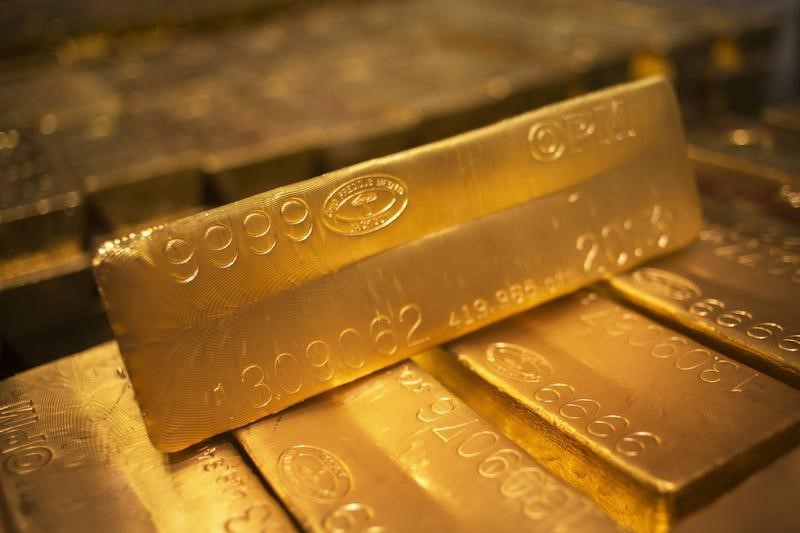
Citi analysts have introduced a framework for understanding and forecasting gold prices, which they state aims to rejuvenate investment in this asset by providing a robust, regime-independent model.
This framework is said to explain annual price movements over the past 55 years and quarterly changes over the past 25 years, highlighting key drivers of gold prices.
Central to Citi’s framework is the idea that investment demand, from both private and public sectors, as a share of gold mine supply, is the primary driver of gold pricing.
According to Citi, “Gold investment demand in China and central banks has risen to 85% of mine supply during 1Q’24 and averaged more than 70% of mine supply over the past two years.” This surge in investment demand has counteracted the negative impact of higher US real interest rates, pushing gold prices to record highs.
Citi forecasts that gold investment demand will continue to rise, potentially absorbing almost all mine supply over the next 12-18 months.
This underpins their base case for gold prices to reach $2,700-3,000 per ounce by 2025. The expected normalization of US interest rates, with “8 consecutive Fed cuts starting in September,” is anticipated to drive higher ETF demand.
Additionally, continued buying by Chinese and global central banks, fueled by factors like excess savings, weak property markets, and de-dollarization, will support this trend.
Several developments could further bolster gold investment and drive outperformance relative to other asset classes, according to the bank.
These include potential Trump trade tariffs, US fiscal policies aimed at inflating away debt, and geopolitical tensions such as conflicts in the Middle East. However, Citi notes that risks to their bullish forecast include weaker-than-expected China retail demand, reduced central bank demand, or delays in Fed interest rate cuts.

